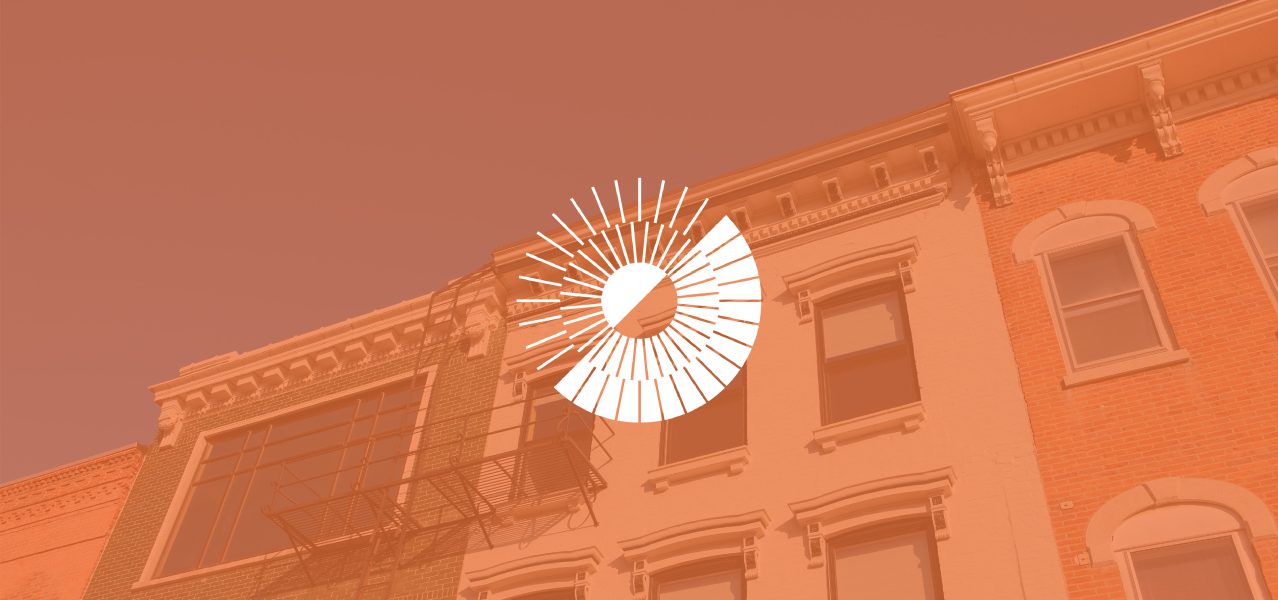The U.S. Senate has passed a $9 billion rescissions package first approved by the House last month. The bill, driven by the Trump administration, would claw back already-approved funds from several discretionary programs, including foreign aid and public broadcasting.
While the bill does not directly target CDFI programs, the way it was structured and the precedent it could set raises real concerns for CDFIs that rely on stable, long-term federal commitments to deliver capital and opportunity where it’s needed most.
What’s a Rescissions Package?
The rescission tool is authorized under the 1974 Impoundment Control Act, which gives the president limited authority to propose canceling funds that Congress has already approved but not yet spent. Once a rescission request is submitted, the targeted funds are temporarily frozen. Congress then has 45 calendar days to approve the request or allow it to expire. If it does not act by that deadline, the freeze lifts automatically, and the funds must be spent as originally intended.
In this case, the Trump administration submitted its request on June 3, targeting funds for foreign assistance, public broadcasting, and global humanitarian programs. That date triggered the 45-day countdown under the Impoundment Control Act. The House passed the measure on June 12 in a tight 214–212 vote, and the Senate approved a revised version on July 17. The bill now returns to the House for a final vote by July 18 – the 45th and final day under the law. If the House does not act, the rescission request will expire, and the frozen funds must be released.
What’s in the Bill?
The Senate-passed rescissions package includes:
- ~$8 billion in cuts to foreign assistance programs overseen by USAID and the State Department, including funding for refugees, democracy promotion and the United Nations.
- ~$1.1 billion in reductions to the Corporation for Public Broadcasting, which supports local NPR and PBS affiliates.
An earlier version of the bill also proposed a $400 million cut to the President’s Emergency Plan for AIDS Relief (PEPFAR), a global HIV/AIDS initiative. That funding was restored in the Senate after bipartisan pushback.
Proponents say the funds were unlikely to be used and that states or private donors could cover the gap. Critics argue many were tied to active initiatives and longstanding commitments and that withdrawing them now could undermine U.S. credibility abroad and weaken core infrastructure like public media.
Where Things Stand Now
The Senate concluded debate and approved the revised bill in a 51-48 vote early Thursday morning, July 17. Two Republicans – Susan Collins and Lisa Murkowski – joined Democrats in voting no. One Democrat, Sen. Tina Smith, was absent due to hospitalization.
An amendment to restore public broadcasting funds failed, leaving the $1.1 billion cut intact. Because the Senate version differs from what the House passed last month, the bill now returns to the House for a final vote before the July 18 deadline. If the House does not act in time, the rescission will lapse and the funds will move forward as originally intended.
Why This Matters for CDFIs and the Communities We Serve
The programs in this bill may not directly fund CDFIs, but they sit alongside the broader network of public investments that strengthen communities. When funding is reversed after being approved, it can impact systems that depend on stability and long-term planning.
This vote is also a signal. If Congress becomes more comfortable clawing back money from approved programs, it becomes easier to do the same in other areas. That puts efforts like small business support, housing, and economic development at greater risk in the future.
What We’re Watching
As the Senate weighs its next steps, we’ll be watching:
- Whether the House passes the Senate’s version of the bill before the July 18 deadline;
- Whether future rescissions packages emerge targeting other types of funding, including economic and community development programs;
- How moderate Republicans vote, particularly those with ties to public broadcasting or international development; and
- The broader budget context, where deeper cuts to HUD, SBA, and CDFI-related programs are still on the table.
The Bottom Line
However this vote ends, it is a reminder that just because funding is approved does not mean it is safe. For CDFIs and the communities we serve, that uncertainty makes long-term planning harder and demands we stay vigilant as the federal budget landscape shifts.
We’ll continue to monitor what happens in the House and share updates as the final vote approaches.



